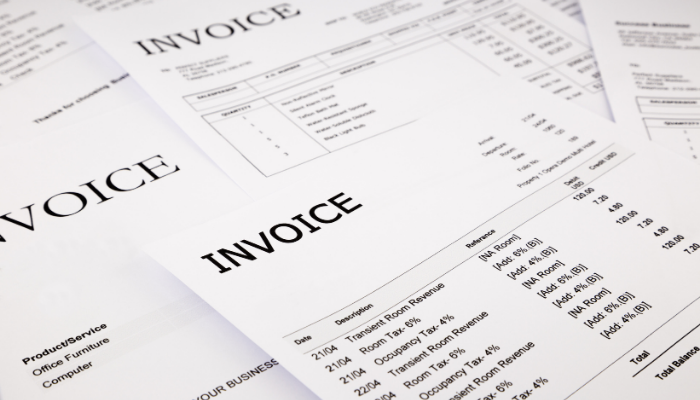
Do you have some old invoices in your accounts receivable ledger? Most companies have a few that have gotten a bit stale. Factoring companies often get asked if they would factor these old invoices. The fact is that a factor is not going to accept invoices that are way past due. The likelihood of those invoices being paid is near zero and the factor is not going to advance money under those conditions.
How Old is Too Old?
Most factoring companies define an old invoice as one that is 90 days or more past due. The older the invoice is, the less likely the customer is going to pay. Now, you may have a customer that is notorious for paying invoices four or five months late. But, that customer pays the bill eventually. That may be the reality with that customer. However, a factoring agency is not going to consider that when making a decision on which invoices to factor.
As a general rule of thumb, the ideal invoices to factor are those which are likely to be paid between 30 and 60 days. They should be associated with creditworthy customers that have a solid reputation for paying their bills. These invoices and customers are the ones the factor is going to consider worthy of factoring.
Why are Factors So Selective
When it comes to advancing money against open invoices, the factor has to assess the risk presented by each invoice a client presents for factoring. Invoices associated with creditworthy customers are much more likely to be paid than an invoice that is already 90 days past due.
The factor is not going to take the risk on the old invoice, but more than likely will on open invoices from creditworthy customers that are less than 60 days old.
Once an invoice reaches the 90 day past due mark, it becomes a collections problem. Factoring agencies are not going to buy those invoices. The only potential market for such invoices are collection agencies.
What Happens if a Factored Invoice Goes Past Due
Let's say a client submits an invoice for factoring from a creditworthy customer. The factoring company has checked the customer and verified they have a good record of making payments on time. They have no red flags for financial difficulties. So, the factor advances the money against the invoice.
For whatever reason, the customer does not pay the invoice on time. It reaches the 90-day past due mark. What happens?
More than likely at this point, the factoring company is already trying to contact the customer to start the collections process. This is usually done in a very professional manner to protect both your reputation and that of the factoring company. If the customer comes up with the money for the invoice, you will still get the balance due. However, the factoring fee for that particular invoice will likely be higher than normal.
If a customer does not pay the invoice, there are a couple of things that can happen, depending on the type of factoring that you are using and the agreement you have with the factoring company.
- For recourse factoring, you are responsible for paying the factoring company for any invoice that goes beyond the time limit in the agreement. This is usually 90 or 120 days.
- With non-recourse factoring, the factor assumes the risk of non-payment. They will absorb the loss. The downside is their fees are going to be higher than with recourse factoring.
Factoring is a great tool for improving the cash flow of your business. It allows you to free up the cash you have trapped in open invoices. However, it is not an alternative to collection agencies when it comes to old invoices.

















